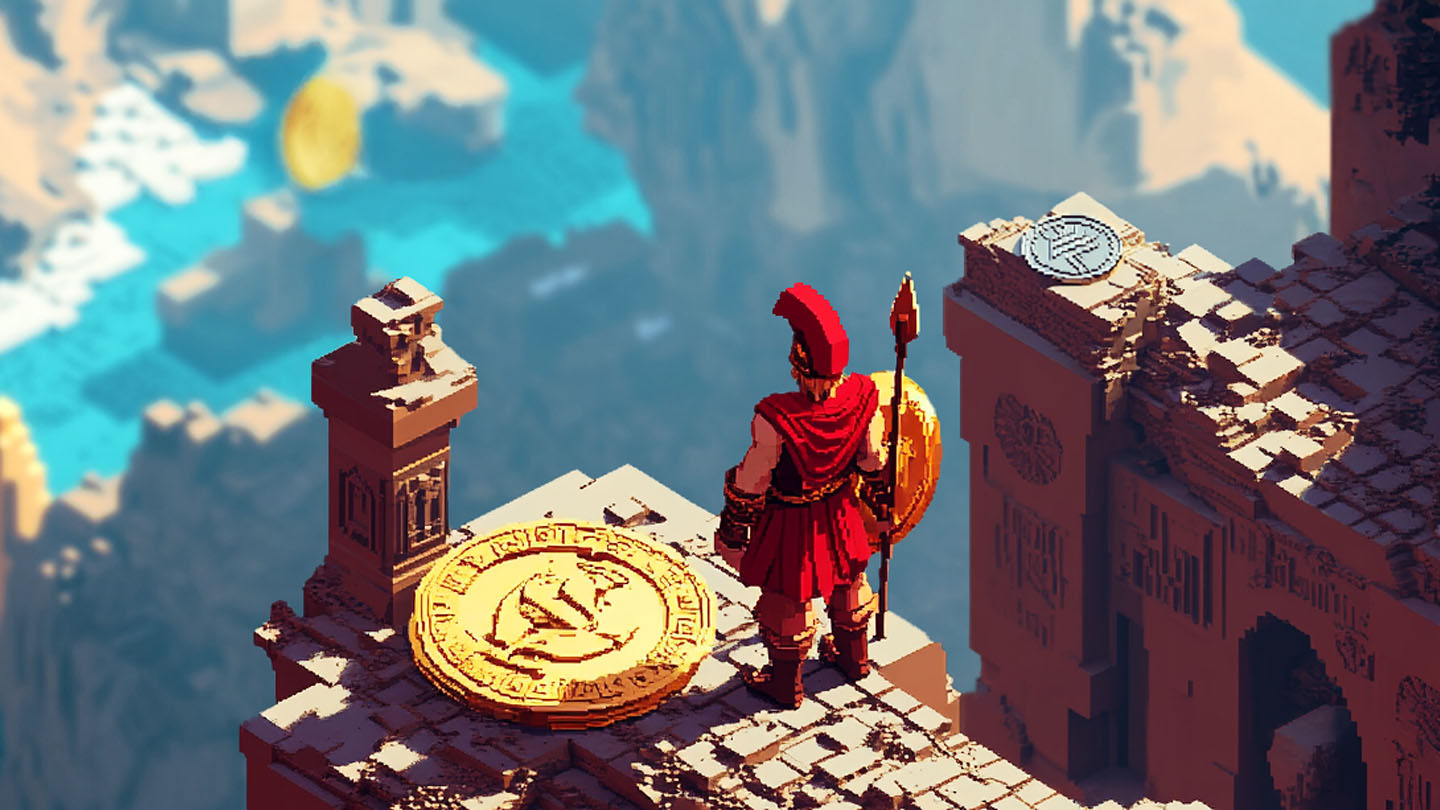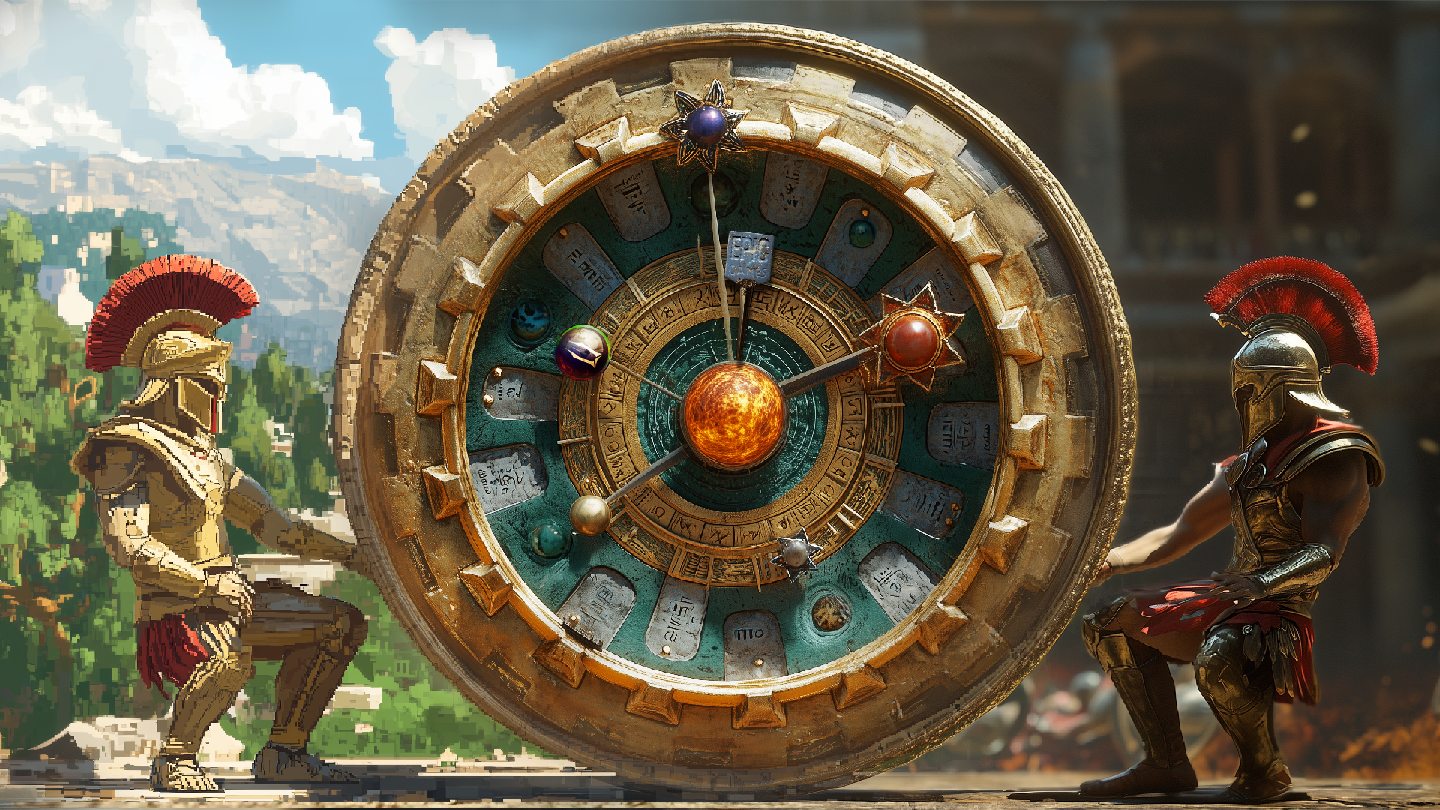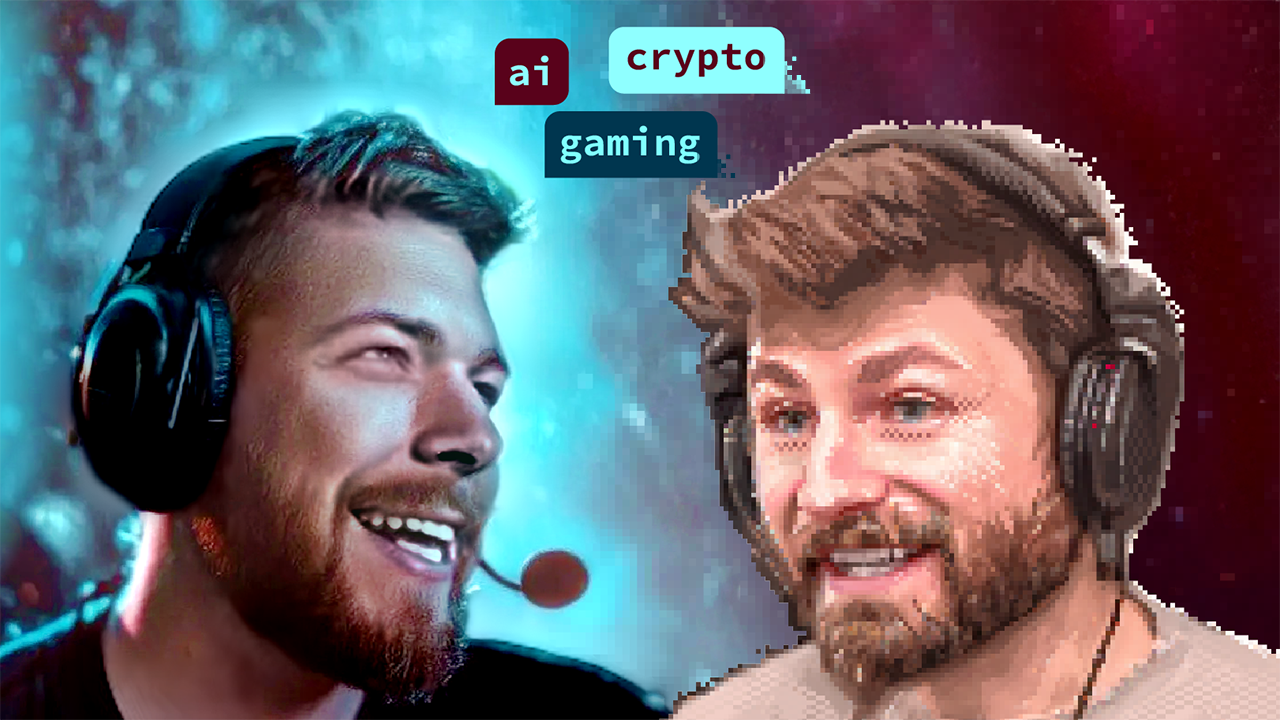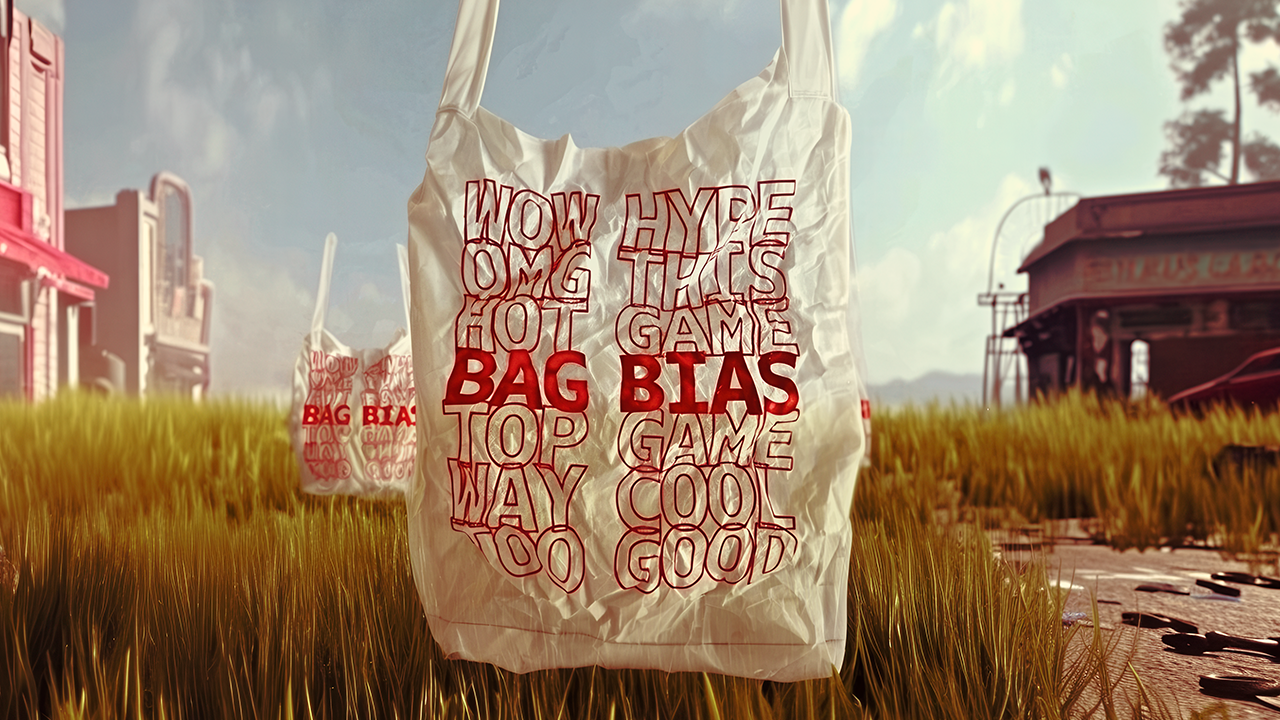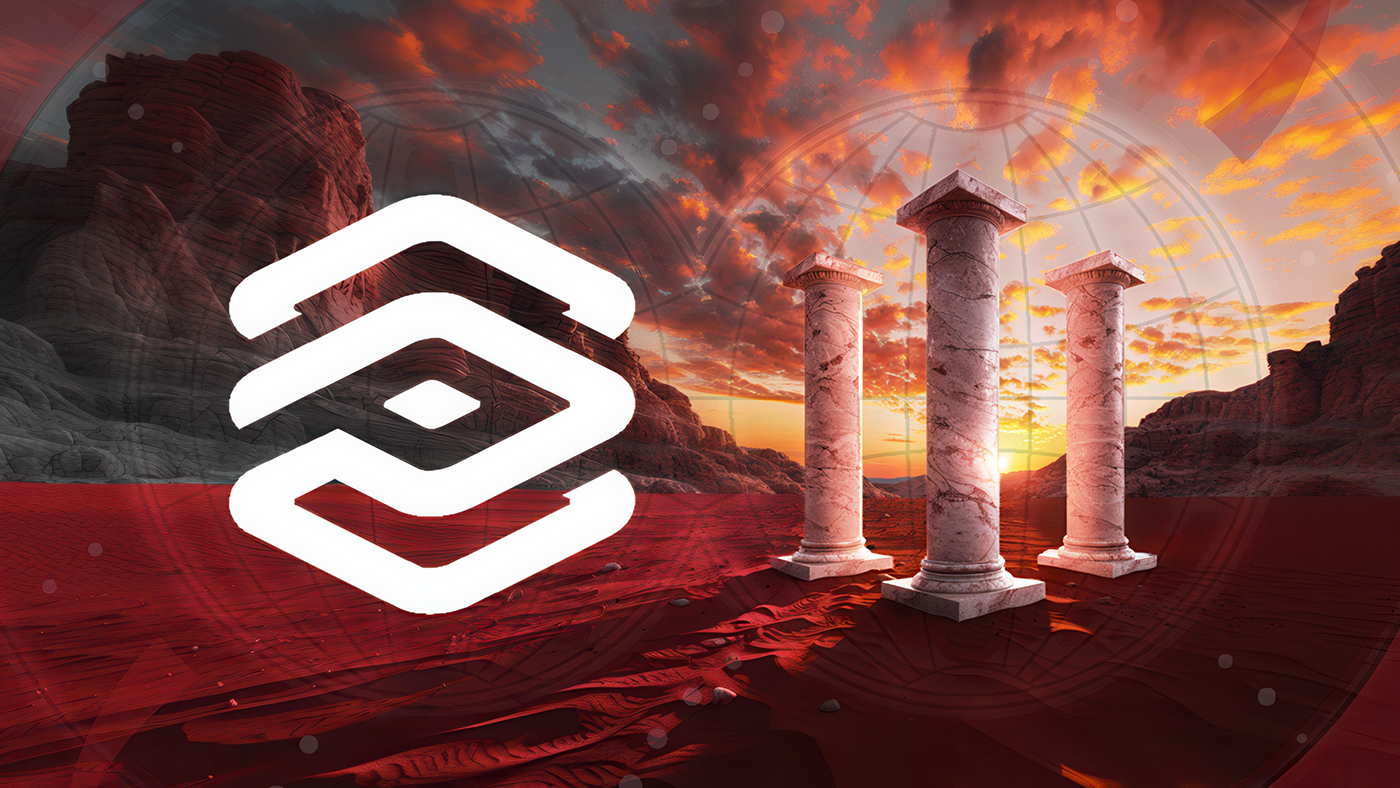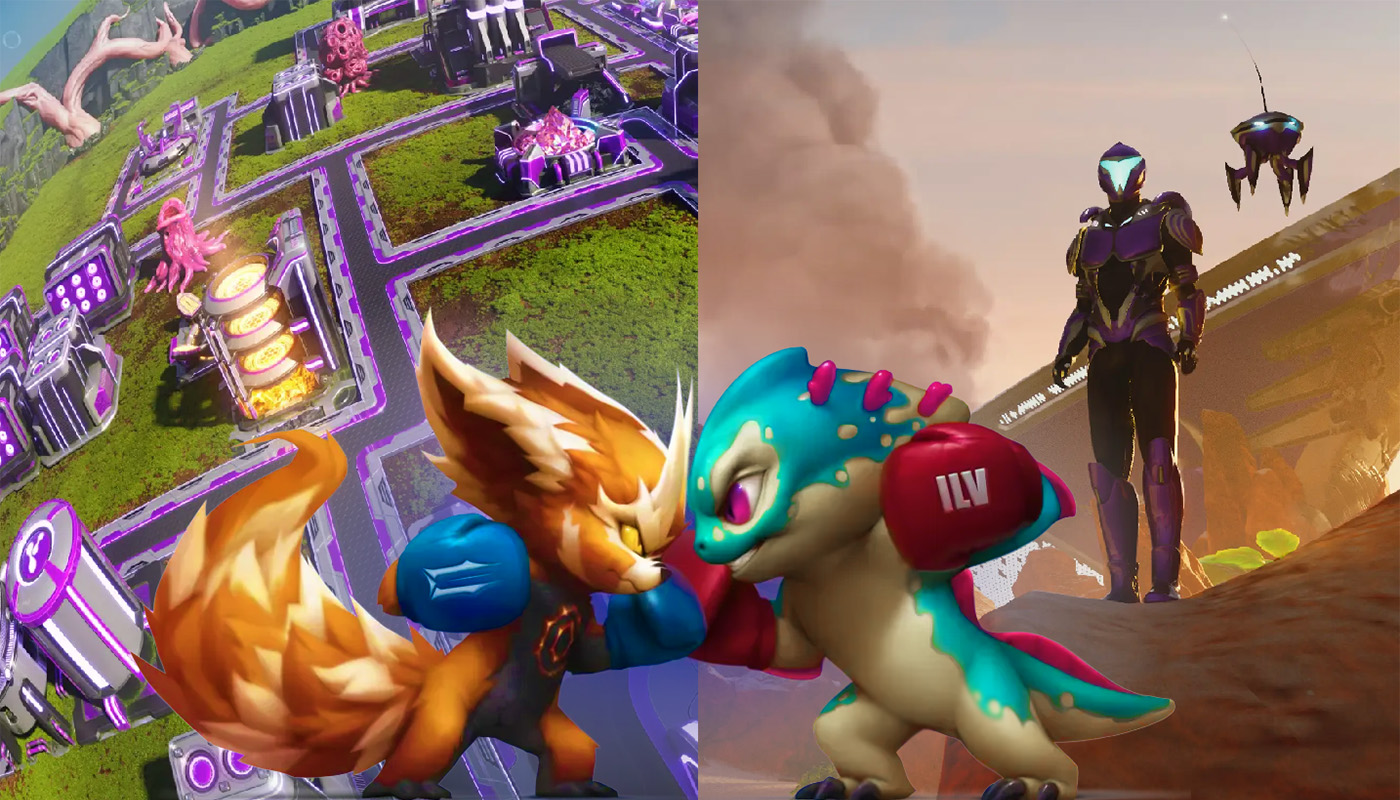It costs crypto to use crypto.
This week a crypto trader paid $120k in transaction fees to buy $156k worth of a newly issued meme coin. In other words, the total cost of the transaction was $276k (148 ETH) and the fees were over 75%.
This is madness, yes, but it may not be the kind of madness you have in mind.
The transaction was on the Ethereum blockchain. Like all chains, Ethereum has to charge “gas fees”, passed on to validating servers, in order to incentivise those servers to be part of the system.
The supply-and-demand system of validation means that when there is a high volume of transactions to be verified the cost of gas goes up. There is also the ability to pay more in gas to prioritise your transactions.
It’s the latter that is happening now and pushing the price up: traders are paying to jump the queue. Transaction cost on Ethereum is at a 12-month high and doing complicated contract transactions has become prohibitive for some.
This all comes back to the meme coin guy, the queue jumper who was willing to pay 75% fees to get his transaction done quickly. It turned out he got the second allotment of meme coin FOUR, and the coin bumped immediately. Depending on when he sold, he may have made well over $200k for his little exploit.
Coins like FOUR, similar to Dogecoin, are no more than in-jokes turned into speculative vehicles. The current star meme coin is PEPE, a coin based around Pepe the Frog, a long-standing meme character and one-time symbol of the alt-right. Trading volumes have been massive.
The resultant high cost of doing business on Ethereum is part of what makes it unsuitable as a game blockchain. Which leads me to another bit of news this week: Champions Ascension is moving from Ethereum proper on to Polygon.
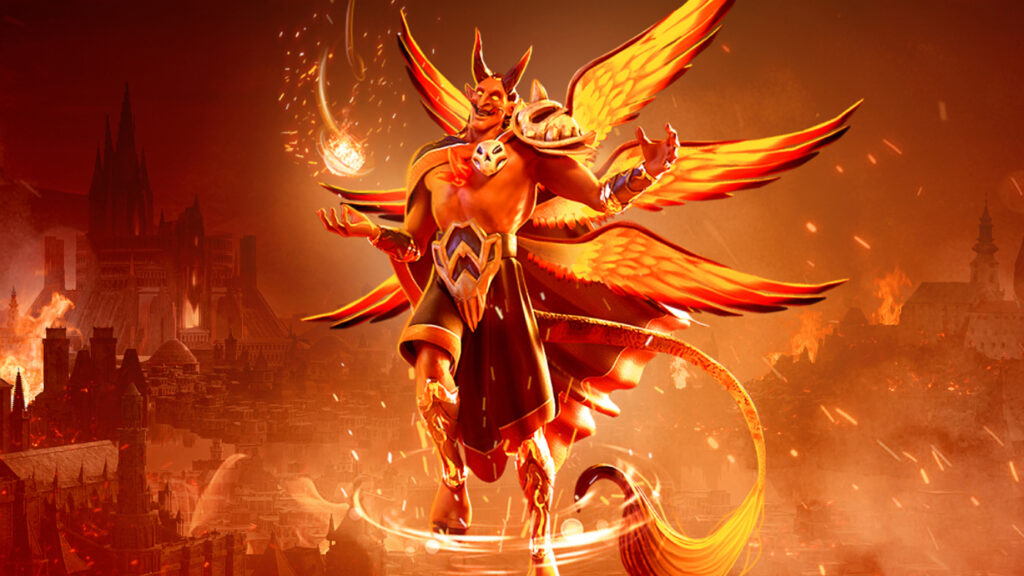
Ascension is a kind of third-person PvE (players versus the environment) game with big metaverse pretensions. Polygon is a Layer 2 network that builds on top of the Ethereum blockchain, and uses the MATIC token. By building on top of Ethereum, Polygon can wrap up transactions into bundles – and use other tricks – to greatly reduce gas fees. Its competitor IMX does a similar thing.
I feel a bit like a school teacher right now, so I’ll shut up. Read about Champions Ascension
Hearing from the Key Characters
Last week I waxed lyrical about Paul Bettner and Katy Drake Bettner, who I had just interviewed, and I felt pretty optimistic about their hybrid arena battler game Wildcard. I’ve been editing the hour of raw interview – listening and re-listening to the audio, as you must – and my enthusiasm for Wildcard’s prospects hasn’t dimmed.
Sometimes great conversations don’t make great podcasts – because they can be chaotic – but in this case I think you’ll be well rewarded for listening. You can find the podcast by searching for “Key Characters” in your podcast app, or follow this link to listen online.
Other news

Continuing with the scam theme I discussed last week, this week a former Coinbase product manager was jailed for insider trading. Ishan Wahi was feeding information about imminent listings to his brother and friend, and they were buying cheap and selling dear. Nothing particularly innovative about it. He got two years.
We wrote about an over-priced NFT offering from Gala games and their Champions Arena (not to be confused with Champions Ascension above). Around $2k for an NFT for an unreleased game? Most people agreed that wasn’t a good deal. Read
Next week we are gearing up for some exciting news from within Polemos itself – I’ll let you know when the time comes.



